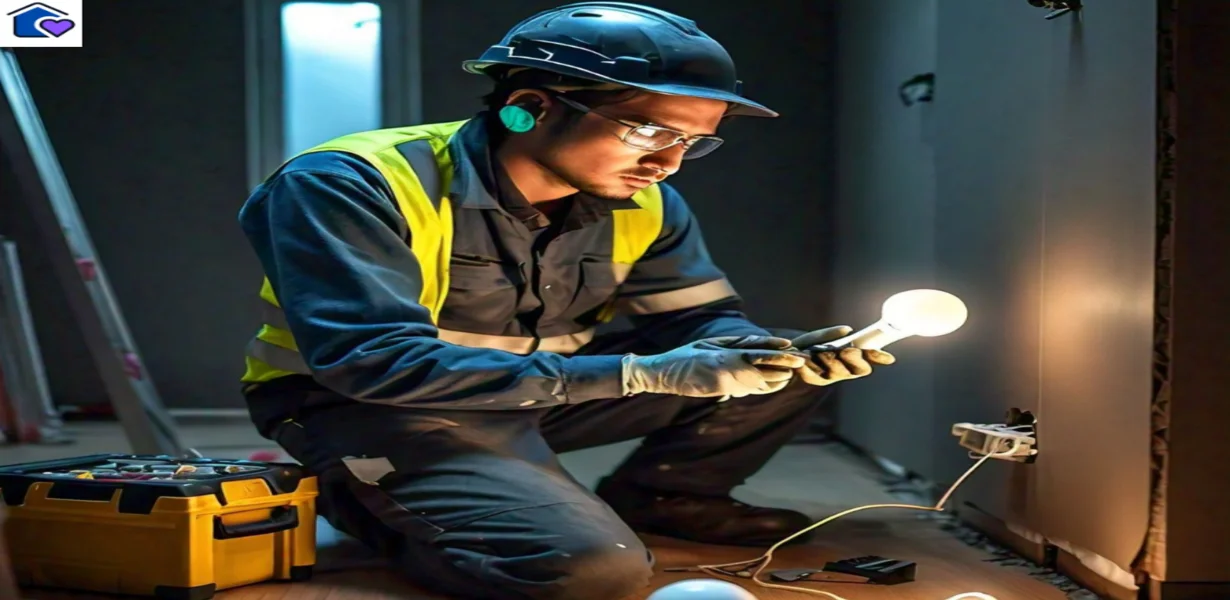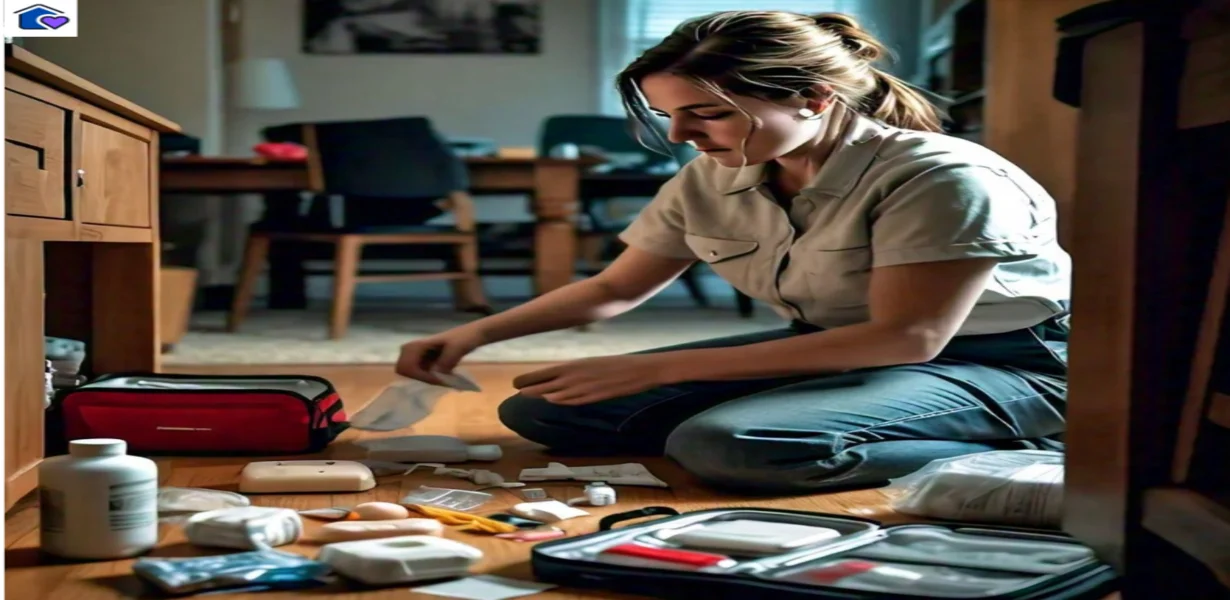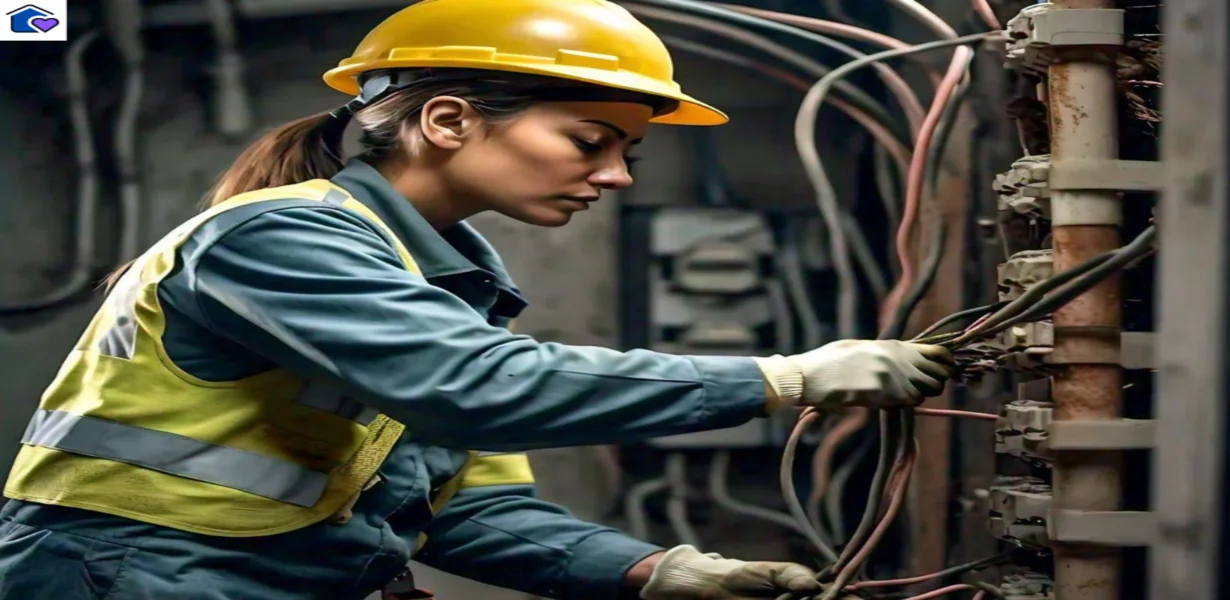Home Safety Essentials to Provide Security to Your House
Making sure that you have home safety essentials in your home to shielding your loved ones from mishaps and crises. This article offers a clear summary of the fundamentals of home safety, including everything from safeguarding your property to preventing fires. This post provides helpful guidance in plain English, regardless of whether you’re a first-time homeowner or merely trying to enhance your present safety precautions.
-
The Significance of Home Safety
Home safety essentials are crucial since it aids in averting mishaps and crises that can result in harm or destruction. There is less chance of falls, fires, break-ins, and other dangers in a safe home. By taking easy precautions to secure your house, you safeguard not just your belongings but also your family’s safety.
-
Home safety Essentials: Essentials of Fire Safety
-
Smoke Detectors
Smoke detectors are essential for spotting fires quickly. Your property should have them put outside of sleeping zones, within each bedroom, and on every floor. Make sure your smoke detectors are functioning correctly by testing them once a month, and change the batteries at least once a year. It is recommended to replace smoke detectors every ten years.
-
Extinguishers for fires
Being prepared with a fire extinguisher can help contain small flames before they grow out of control. Install fire extinguishers in strategic locations including the garage, kitchen, and the vicinity of the fireplace. Ensure that all members of your household are proficient in using them. With the ability to put out many sorts of fires (A for trash, wood, and paper; B for flammable liquids; and C for electrical), the ABC extinguisher is the most widely used model.
-
Plans for Evasion
Make a strategy for your family’s fire escape. A specified meeting place outside as well as various exits from each area should be part of this plan. Regularly practice the escape plan so that everyone is aware of what to do in the event of a fire. Make sure that everyone in the family—including the kids—understands the significance of being composed and adhering to the plan.
-
Home safety Essentials: Securing Your Home

-
Deadbolts and locks
Make sure all of your external doors have deadbolts and high-grade locks to secure your home. Compared to ordinary locks, deadbolts are more resistant to forcible entry. Make sure every window has a lock on it, and for extra security, think about adding window bars or security films.
-
Safety Measures
You can feel safer and discourage criminals with a home security system. In the event of a break-in, contemporary security systems come equipped with features like motion detectors, surveillance cameras, and alarm systems that can notify you and the police. You can use your smartphone to remotely monitor a lot of systems.
-
Outside Lighting
Intruders can be discouraged by having well-lit outdoor spaces. Install motion-activated lighting everywhere you can see on the outside of your house, particularly close to windows and entrances. Well-lit spaces can improve overall safety by making it more difficult for would-be criminals to approach undetected.
-
Home safety Essentials: Childproofing Your Home
-
Electrical Security
It is essential for houses with young children to childproof. Put safety plugs over electrical outlets to keep small children from sticking anything in them. If there are any electrical cables that are accessible to youngsters, use covers or cord shorteners. Make sure that any electrical items are kept out of children’s reach and utilized securely.
-
Safety of Furniture
To stop large appliances and furniture from toppling over, secure them to the wall with anchors. This is especially crucial for tall TVs, dressers, and bookcases. For furniture with sharp edges, use corner guards to prevent damage from falls or unintentional knocks.
-
Avoiding Poisoning
Keep medicines, cleaning supplies, and other potentially dangerous items out of children’s reach. Install childproof locks on cabinets that hold these goods. Keep common home plants and substances away from youngsters and be aware of their potential toxicity.
-
Home Safety Essentials: Emergency Preparedness

-
First Aid Kits
A fully supplied first aid pack is necessary for managing minor wounds and crises. Bandages, antiseptics, tweezers, scissors, adhesive tape, and a digital thermometer should all be included in your kit. Think about including specialized supplies like a first aid guidebook or CPR face protection.
-
Contacts for Emergencies
Have a list of contacts for emergencies on hand. Family members, neighbors, and the local fire and police departments should be on this list. Put this list somewhere people can see it, such inside a kitchen cabinet door or on the refrigerator.
-
Plans for Disasters
Make a plan for handling several kinds of crises, such as floods, hurricanes, and earthquakes. Make sure everyone in the family is aware of what to do in case of any kind of emergency. Assemble a portable phone charger, non-perishable food, water, flashlight, batteries, and other necessities for an emergency kit.
-
Home Safety Essentials: Maintaining Safety Equipment
Safety equipment that receives routine maintenance is guaranteed to operate properly when needed. Every month, check the carbon monoxide and smoke detectors, and change the batteries as needed. Every year inspections and routine pressure checks of fire extinguishers are recommended. Update security systems with the most recent software, and test them on a regular basis.
-
Conclusion
Home safety essentials are a vital part of safeguarding your family and belongings. Everyone may live in a safer environment by putting an emphasis on fire safety, locking up your house, childproofing it, and being ready for emergencies. You may reduce possible hazards and provide peace of mind by maintaining your safety equipment on a regular basis and learning about the best practices for home security.
Maintaining the safety and security of your house can be greatly improved by following these easy procedures of having home safety essentials. Recall that taking a proactive approach to home safety helps you avoid mishaps as well as getting ready for unforeseen circumstances. Review your present safety procedures and make any required adjustments to get started right now.
By following these home safety essentials, you can help ensure that your home remains a safe haven for you and your loved ones.

There are additional articles to read.
There are some more articles based on different topics regarding family members and other home organizing issues; if you want to read them, then visit actual home guide, and for more information about invest ideas you can visit invest ideas.
